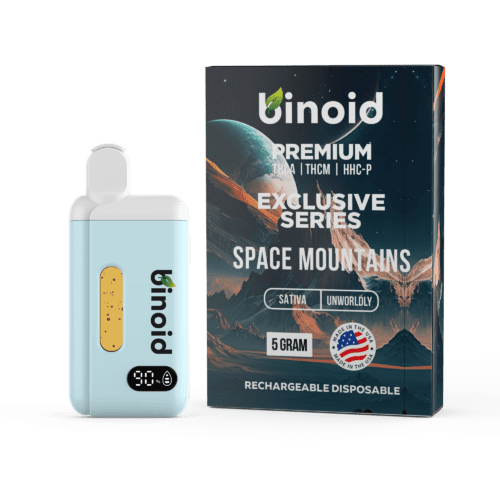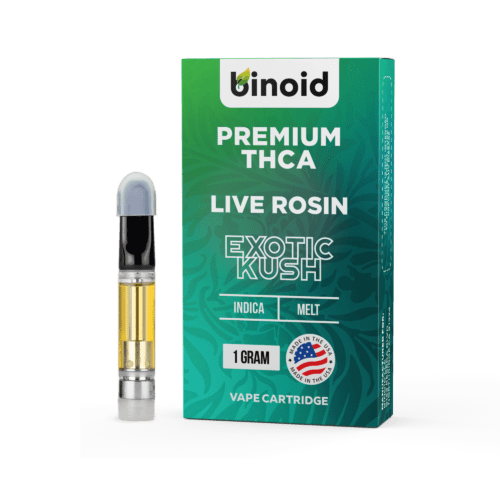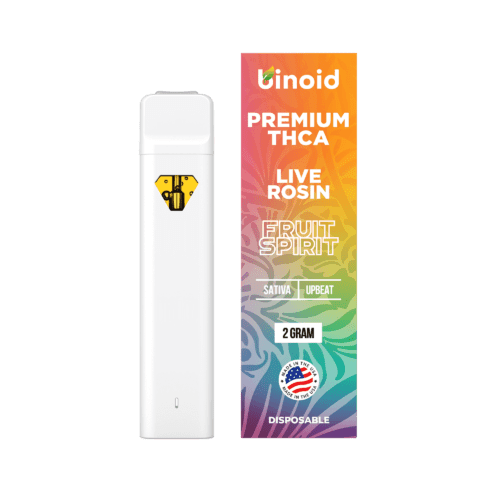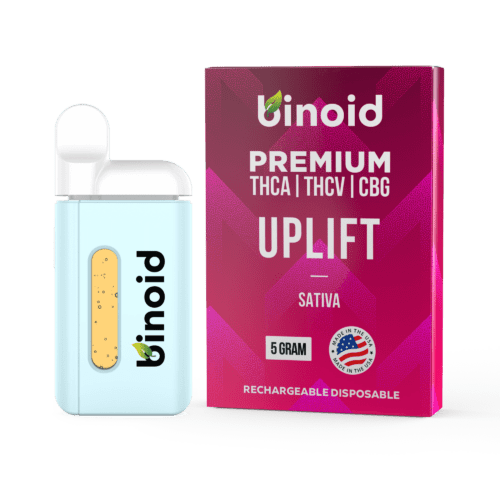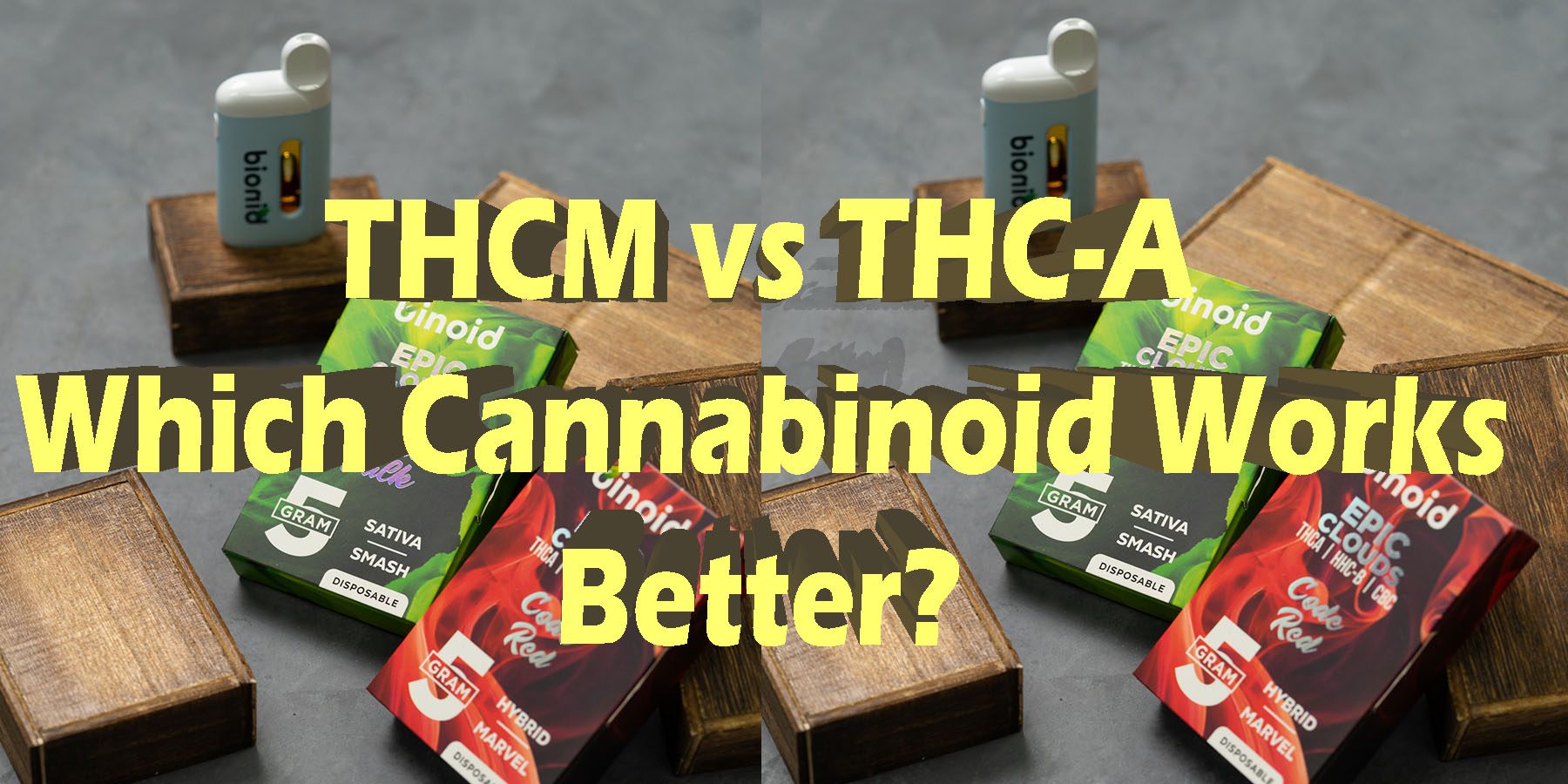
THCA vs THC-M: Which Cannabinoid Is Better?
THCA and THCM sound similar, as there’s only a one-letter difference between their names. But, if you know anything about the world of hemp, it’s that appearances can be deceiving. The reality is that while THCA is a well-researched cannabinoid, the opposite is true with THCM.
Because THCM is a brand new addition to the market, and a hemp derivative you’ve probably never even heard of, let’s see how it compares to THCA, to give you an idea of what it can offer.
To Buy THCM Products Click Here
Why Choose THCM?
THCM Origin
THCM (11-Nor-Delta-9-Tetrahydrocannabinol-9-Carboxylic Acid {Carboxy-THC}) is a cannabis byproduct first discovered in 1997. As of now, it’s never actually been isolated in the actual plant, and so technically, there’s no proof that it even exists in raw cannabis. Rather, it has been identified in cannabis smoke, and is used as a biomarker to confirm that a fetus has been exposed to cannabis while in the womb.
THCM’s Psychoactive Properties
As of now, we don’t actually know about THCM’s psychoactive properties. Whether or not the cannabinoid is intoxicating has yet to be confirmed, but one thing that we do know is that if it is intoxicating, the effects are likely to be extremely mild. And, without knowing whether or not it’s psychoactive, we don’t know if the potential high would be more euphoric, uplifting, sedating, etc.
One theory that does seem legitimate, however, is that THCM acts as a potentiator to other cannabinoids. This means that taking THCM with another cannabinoid would make the latter cannabinoid’s effects more potent, through their synergistic relationship. THCM would contribute to the entourage effect, which is the beneficial effect of taking all cannabis compounds together at once, to offer a more bioavailable experience, again through the synergistic relationship that these compounds share with one another.
Purpose for Taking THCM
THCM is very hard to come across right now, and at the moment, we’ve only seen it in vaping products, in combination with other cannabinoids that do deliver well-known psychoactive effects. Because of that, it’s clear that at least for now, THCM’s purpose is to potentiate the effects of other cannabinoids, and even enhance the entourage effect.
THCM’s Legality
THCM happens to be a perfectly legal cannabinoid under to federal law, when it comes from the hemp plant, because of the Farm Bill, which passed in 2018, and legalized any hemp product that contains a maximum of 0.3% delta 9 THC. THCM may sound a lot like delta 9 THC in its name, but ultimately, it’s a different compound.
One thing that you need to know, however, is that 19 states have banned all THC cannabinoids, and THCM would fall into that category. So, you should assume that THCM is illegal in:
- Alaska
- Arizona
- Arkansas
- Colorado
- Delaware
- Hawaii
- Idaho
- Iowa
- Maryland
- Mississippi
- Montana
- Nevada
- New York
- North Dakota
- Oregon
- Rhode Island
- Utah
- Vermont
- Washington
Why Choose THCA?
THCA Origin
THCA refers to tetrahydrocannabinolic acid, the acidic, raw cannabinoid precursor that converts into delta 9 THC once it’s decarboxylated, and thus, exists only in raw cannabis material. Since the THCA hasn’t been decarboxylated (a process of heating THCA to a certain temperature, which converts it into delta 9 THC), the way it works with the body’s endocannabinoid system are quite different from those of delta 9, meaning it has its own entirely unique effects.
What you need to know about THCA is that once the cannabinoid has undergone decarboxylation, it turns into delta 9 THC and therefore adopts new properties, including the ability to make the user high. Hemp yields about 0.3% THCA naturally, but it’s the dominant cannabinoid in raw marijuana.
THCA’s Psychoactive Properties
When consumed without being decarboxylated, THCA doesn’t have any psychoactive effects, so you can’t get high off of it no matter how much you take. Raw cannabinoids are unable to bind to the brain’s CB1 receptors, so they are not psychoactive whatsoever. But, products that must be decarboxylated to be consumed, such as vape carts, dabs and flower, allow the THCA to automatically convert into THC, so that you’re actually consuming delta 9, and not THCA.
Purpose for Taking THCA
When taken raw (not decarboxylated), THCA has no recreational value as it can’t get a person high, but it is used therapeutically. As you now know, the cannabinoid has anti-inflammatory properties, and can help with sleep and mood, and so it’s a very useful means to manage all kinds of daily needs.
At the same time, when THCA is consumed in product forms that must be heated to high temperatures, like dabs, flower and vapes, it’s enjoyed because of the fact that the THCA will turn into delta 9 THC.
-
Product on sale
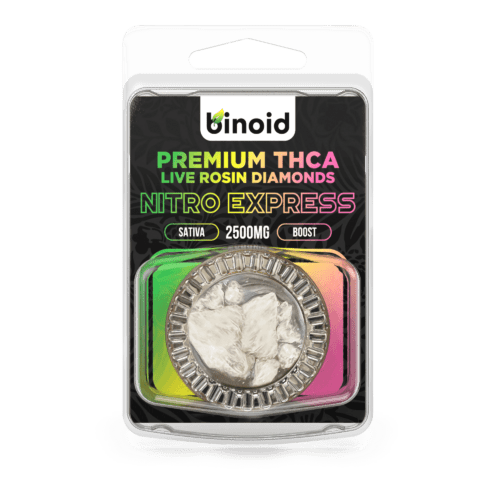 THCA Diamonds 2500mg – Live Rosin$37.99
THCA Diamonds 2500mg – Live Rosin$37.99$59.99
THCA’s Legality
THCA is a legal hemp derivative according to federal law, and that’s because the United States only forbids sales of products that contain above 0.3% delta 9 THC. THCA, despite becoming delta 9 after it’s decarboxylated, is not classified as delta 9 THC. This means that THCA flower, vapes, and dabs are fully legal, even though they can create a high in delta 9 when they’re consumed.
Still, 5 states have already banned products that contain more than 0.3% of what’s referred to as “total” THC – in other words, a combined value of delta 9 THC + THCA – and so THCA products are banned in those states, which are:
- Arkansas
- Hawaii
- Minnesota
- Oregon
- Rhode Island
Final Decision: THCM and THCA are Simply Two Entirely Different Hemp Derivatives!
THCM and THCA are both related to delta 9 THC, but one is a raw cannabinoid, and the other is a byproduct of cannabis smoke that we know almost nothing about, for the time-being. Still, you can expect to see THCM more and more in the coming months, and hopefully that will incentivize researchers to start exploring its potential at last.
For now, you can buy THCA products with relative ease, due to the cannabinoid’s growing popularity, and at the same time, THCM is something you can expect to find in a number of cannabinoid blend products in the near future.

